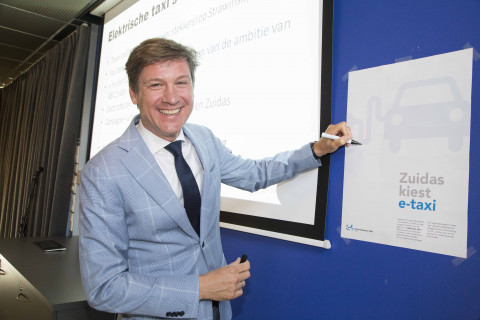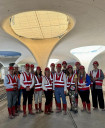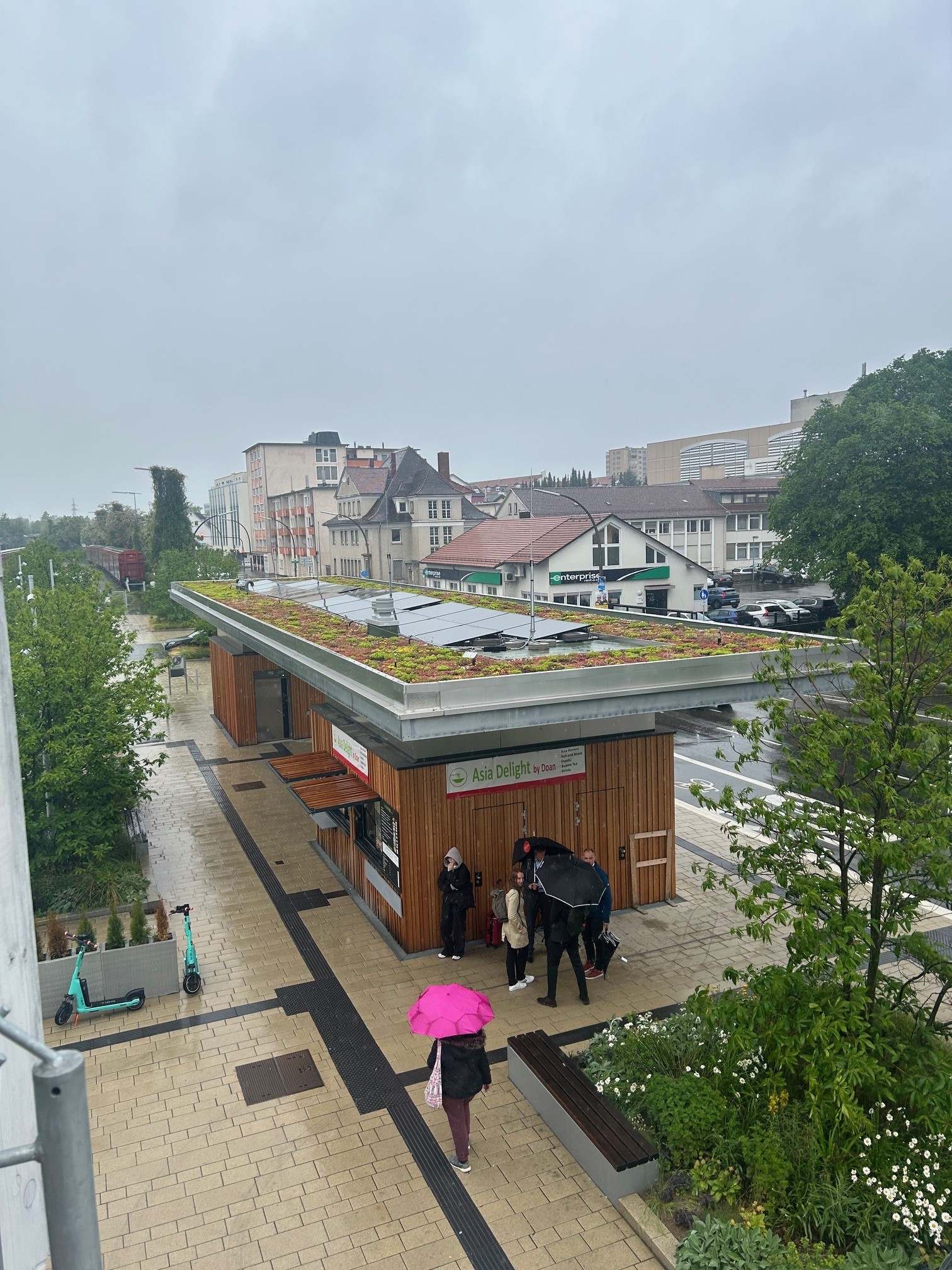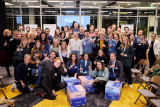Zeventien CEO’s tekenden tijdens het CEO ontbijt van Green Business Club Zuidas de Intentieverklaring Elektrisch Taxiverbruik. Hiermee geven zij aan voortaan voorkeur te geven aan elektrisch vervoer bij zakelijk taxigebruik. Ook wethouder Verkeer en Vervoer Pieter Litjens was aanwezig en gaf een toelichting op Mobility as a Service (MAAS) als oplossing voor goede bereikbaarheid van Zuidas. GBC Zuidas organiseert jaarlijks een CEO ontbijt om duurzaamheid bij de top van het bedrijfsleven onder de aandacht te brengen.
http://www.greenbusinessclub.nl/nl/news/ceos-zuidas-kiezen-voor-elektrisch-bij-ceo-ontbijt
CEOs on business district Zuidas prefer electric transport (in Dutch)






